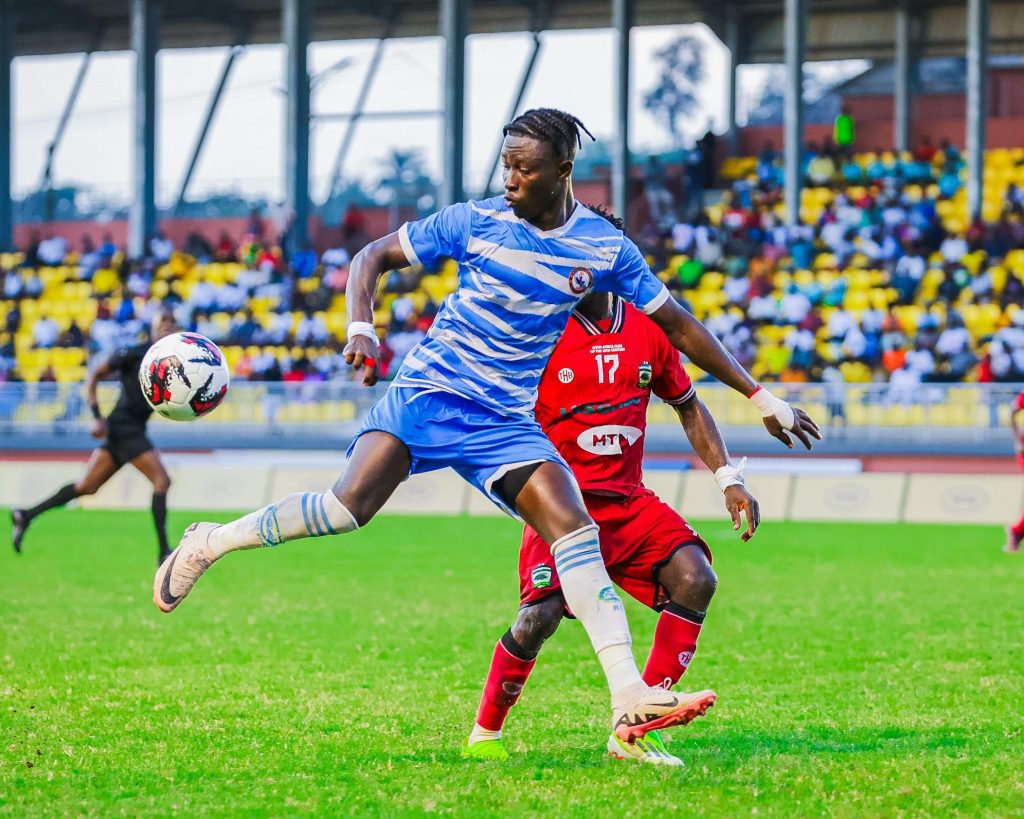The Ghana Football Association (GFA) in recent times has never shied away from venting its frustrations over struggles to attract sponsors for the biggest football league in Ghana.
Securing headline sponsors has proved to be an unending migraine for the marketing department of the GFA, especially with so many negatives surrounding the Ghana Premier League (GPL).
Neil Armstrong-Mortagbe, an astute football administrator, and current head of public and strategy at the GFA, though celebrating his outfit’s wins, lamented the struggle of bringing sponsors onboard for the GPL.
Mr Mortagbe’s headache was the Food and Drug Authority’s statutes preventing alcoholic brands, who have a genuine interest in the development of football in Ghana, from investing.
He argued against what he believes are the hypocrisies of the laws preventing investment from alcoholic brands — these same brands, some bigger, are supporting other leagues and even global football events.
There is this questionable belief that alcoholic promotion in sports creates a need or desire for its products, a contributor to societal ills.
What do alcohol brands bring to the game of football in other countries?
Some popular alcohol sponsorships in football include the Premier League’s partnership with Budweiser, Chang beer sponsoring Everton, the FIFA World Cup supported by Diageo, etc.
Football clubs, leagues, and other cup competitions across the globe have enjoyed crucial financial backing from alcoholic brands.
Engagement with football consumers, i.e., fans, has soared as scores of people have actively involved themselves in activities surrounding the league, leading to the increase in value of assets in the game, such as player image rights, etc.
The negative certainly cannot be ignored; however, the positives, very much lacking in Ghana’s top division, must not be ignored.
Story: Micheal Martey

